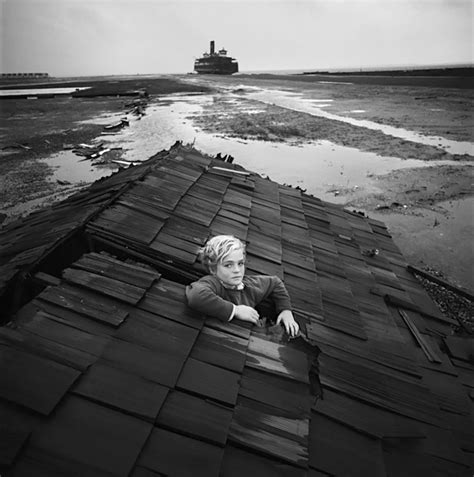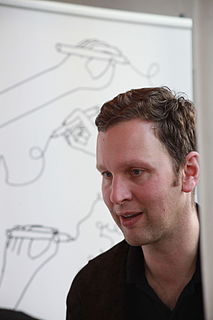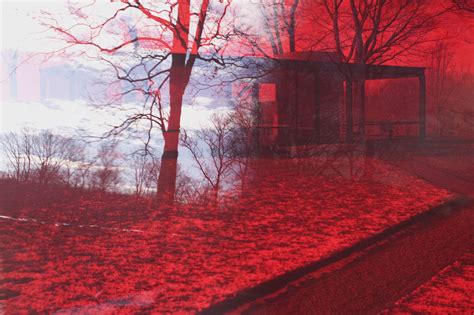A Quote by Michael Light
I don't particularly care about photographic authorship. Whether an astronaut who doesn't even have a viewfinder makes an image, a robotic camera, a military photographer, or Mike Light really doesn't matter. What matters is the context of the final photograph and the meaning it generates within that context.
Related Quotes
The photographic image has great possibilities. The magical photograph attempts to go beyond the immediate context of the recorded experience into the realm of the indefinable. The photographer as magician is acutely aware of the multiplicity of associations submerged in the appearance of the objective world.
The way in which the photograph records experience is also different from the way of language. Language makes sense only when it is presented as a sequence of propositions. Meaning is distorted when a word or sentence is, as we say, taken out of context; when a reader or listener is deprived of what was said before, and after. But there is no such thing as a photograph taken out of context, for a photograph does not require one. In fact, the point of photography is to isolate images from context, so as to make them visible in a different way.
A text makes the word more specific. It really kind of defines it within the context in which it is being used. If it is just taken out of a context and presented as a sort of object, which is what - you know, which is a contemporary art idea, you know. It is like an old surrealist idea or an old cubist idea to take something out of context and put it in a completely different context. And it sort of gives it a different meaning and creates another world, another kind of world in which we enter.
Because each photograph is only a fragment, its moral and emotional weight depends on where it is inserted. A photograph changes according to the context in which it is seen: thus Smith's Minamata photographs will seem different on a contact sheet, in a gallery, in a political demonstration, in a police file, in a photographic magazine, in a book, on a living-room wall. Each o these situations suggest a different use for the photographs but none can secure their meaning.
The image of Earth from space transformed our view of ourselves. It is maybe the most important image that exists - because we can see ourselves in context in a way that otherwise would be really hard to explain. It should inspire us to wonder about it, to want to know everything we can about it and do everything we can to take care of it.
A photograph records both the thing in front of the camera and the conditions of its making... A photograph is also a document of the state of mind of the photographer. And if you were to extend the idea of the set-up photograph beyond just physically setting up the picture, I would argue that the photographer wills the picture into being.
































